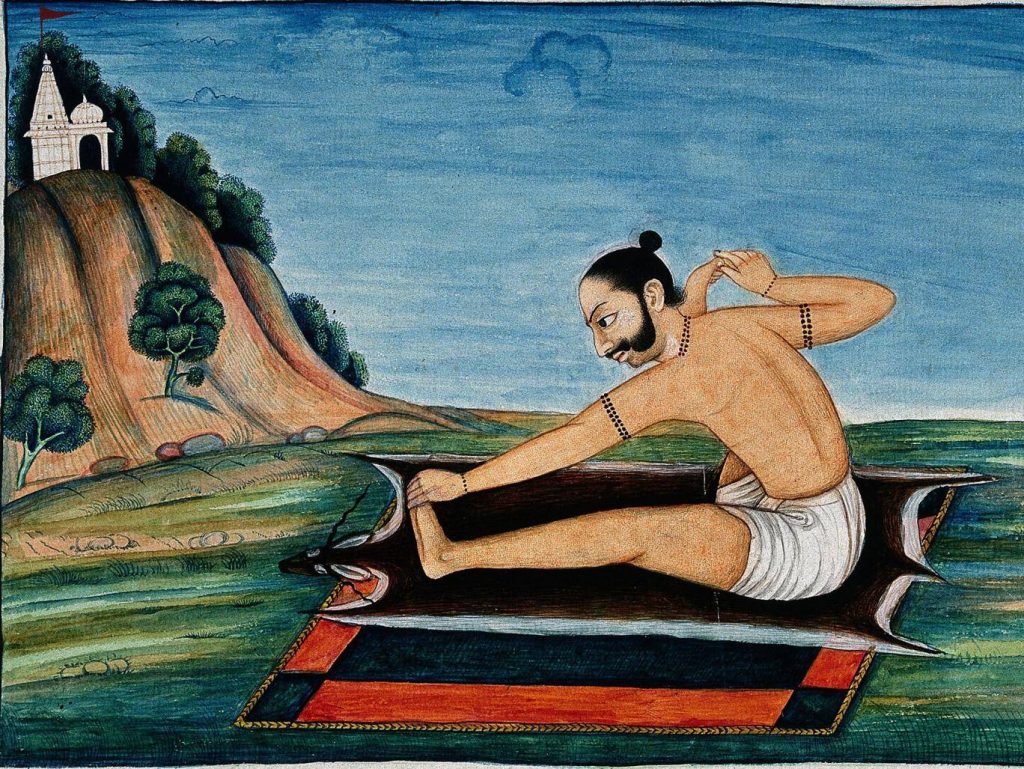Who owns Ayurveda? It is a collection of wisdom passed down in both domestic realms and teacher to student in the oral tradition. It encompasses all wisdom for both the edification and uplift of humanity and to reduce or eliminate suffering. Rooted in mental and spiritual health, aimed at physical health, Ayurveda addresses the whole human being. And it’s been using super foods as medicine for a very very long time.
Next time you sip your turmeric latte, basking in its super food glow, remember that turmeric may be trendy but it’s definitely not new. Turmeric currently leads the top of the super food crop, credited with healing wounds and burns, reducing inflammation and even preventing and inhibiting the spread of cancer. But long before it grabbed our attention in the West, it was a healing food used in the ancient Eastern medical system of Ayurveda.
Ayurveda – which translates into “the knowledge of long life” – is now the subject of a new exhibition, Ayurvedic Man: Encounters with Indian medicine at Wellcome Collection. The exhibit includes everything from ancient Sanskrit, Persian and Tibetan manuscripts to paintings, erotic manuals and animal-shaped surgical tools. All were collected for Henry Wellcome – pharmacist, entrepreneur, philanthropist and inveterate collector – over a 10-year period more than 100 years ago.

A new exhibition at the Wellcome Collection is devoted to the ancient medical system of Ayurveda. Photo credit: Wellcome collection
“I wanted to stress how a great deal of medical knowledge is domestic – as opposed to belonging to men, as opposed to codified, as opposed to professionalized – and how it has been used for generations by women in the kitchen.”
Turmeric is featured in the exhibit as well, in a coloured engraving from the 18th century, and Rodriguez Muñoz tells the story of how the Indian government fought and won a legal battle in 1999 to force the withdrawal of a US patent that had been filed for the medicinal use of turmeric. The Indian government argued successfully that such traditional medical knowledge couldn’t – and shouldn’t – be owned.
Rodriguez Muñoz says: “It makes me think, who owns this knowledge? Who owns medical heritage? And natural resources? Is it the nation? Is it the pharmaceutical company? Is it the practitioners?”
For Dhingra at Yogibeings, the answer is clearly that this is knowledge to be shared, not owned. “We are all Yogis who are seeking to lead more healthy and meaningful lives. Some have the knowledge, others are seeking it. We aim to connect the two.”
Read the complete article at The Independent.
